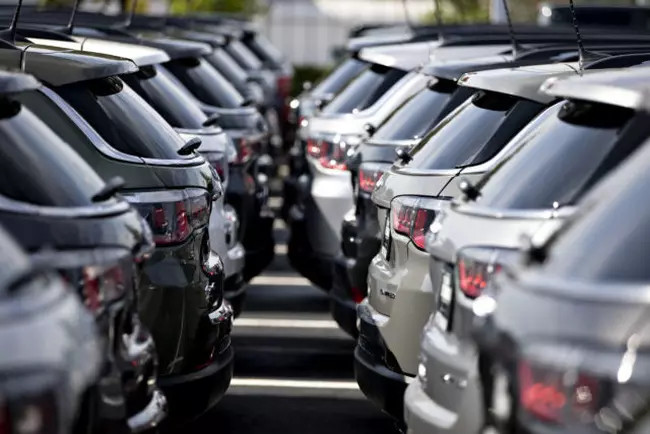When getting ready to ship a car from one location to another, the overall condition it is in plays a key role in determining the price Vehicle Condition Impacts Costs. Several factors relating to a vehicle’s mechanical state and appearance need to be taken into account by shipping companies when providing quotes.
This article will explore how things like mileage, damage, modifications and cleanliness can influence the rates offered.
Mileage
One of the most important elements looked at is the odometer reading. Generally speaking, the higher the mileage the greater the costs will be. This is because extra wear and tear puts more stress on a vehicle, increasing the likelihood of transport issues arriving. Shipping companies understand high mileage autos may require additional securement or special handling. As a rough guideline:
- Cars with under 75,000 miles – average shipping rates apply
- 75,000-150,000 miles – 5-10% increase in pricing
- Over 150,000 miles – 10-20% increase in pricing
The make and model also plays a part, as certain brands are engineered to last longer distances than others before mechanical faults arise. Transporters prefer shipping low mileage vehicles that are less prone to problems en route.
Physical Damage
Visual inspection of a car’s exterior and interior is carried out to identify any pre-existing damage like dents, scratches or cracks. Transport companies do not want to assume liability for pre-shipping defects. Carriers will add surcharges for vehicles with:
| Level of Damage | Potential Surcharge |
| Minor paint chips/scuffs | 5-10% |
| Medium dents or scratches | 10-15% |
| Major bodywork/panel damage | 15-25% |
Extensively damaged automobiles may even be rejected from certain carrier networks altogether due to increased liability. It’s wise to disclose all flaws upfront to shipping companies.
Vehicle Condition Impacts Costs – Modifications
Customizations like aftermarket parts, larger wheels/tires or performance upgrades can introduce extra risks. Transporters need to ensure modifications won’t cause stability issues or mechanical faults during transit. Common added costs include:
- Non-standard wheels/tires – 5-10% increase
- Lift kits, spoilers or body kits – 10-15% increase
- Engine performance parts – 10-20% increase depending on extensive of work
- Lowered vehicles – 15-25% increase due to difficulty loading/tie-down procedure
Extreme show cars, race-prepped vehicles or those with illegal modifications may be rejected altogether. Carriers also charge more for disassembly/reassembly of items like spoilers for transport.
Cleanliness
While cleanliness doesn’t directly impact safety like other condition factors, it is still important to transports companies. Vehicles filled with clutter, debris, pet hair or strong odors take longer to prepared and secure for shipping. Rates increase according to:
- Messy Interiors – 5-10% surcharge
- Filthy Exteriors – 5-15% surcharge
- Pet Odor or Smoke Smells – 10-20% surcharge
Requesting extra cleaning services from carriers during transport also adds to the bill. Ultimately keeping a vehicle neat and tidy ensures the base shipping quote isn’t inflated unnecessarily.
Vehicle Condition Impacts Costs – Putting it all Together
When getting an estimate, shipping companies consider all condition attributes collectively rather than individually. A higher mileage car with modifications and cosmetic damage for example may end up with surcharges totaling 30-50% above standard rates. While imperfect vehicles can still travel via transport, paying to repair minor flaws or deep clean beforehand could save hundreds on the final invoice.
Thoroughly disclosing a vehicle’s full state with accurate photos upfront allows carriers to provide the most realistic pricing the first time around. Hidden defects found at pickup may result in unexpected higher fees. With open communication and some preventative maintenance, gearing owners can better predict incurred transportation expenses for all condition classes of automobiles.

